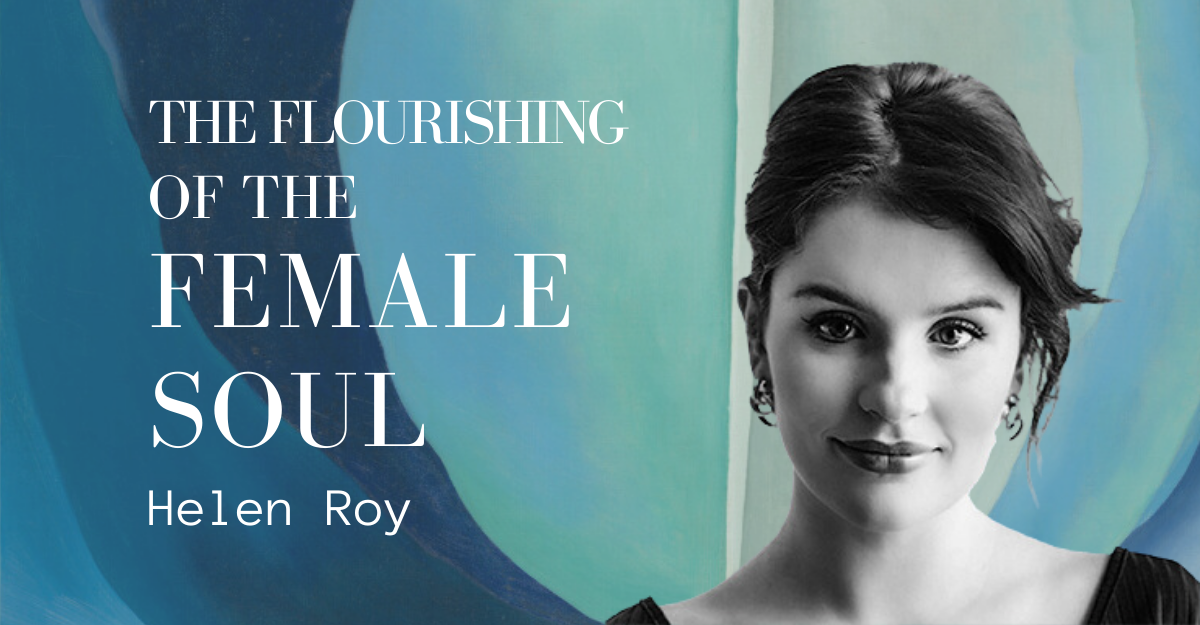This essay is part of a symposium. Click here to read the other essays in this collection.
In her most recent contribution to First Things, Erika Bachiochi clears a path through the thorny brambles of women’s history by painstakingly linking shifts in the legal and cultural status of women to material and philosophical trends.
Modern feminism is Platonic in spirit, founded on the notion that women can and must disaggregate body and soul in service of political equality. Bachiochi correctly suggests that this inevitably begets inhumane solutions. Because women’s biological uniqueness is rooted in the ability to bring human life to fruition, that unique ability becomes the target of annihilation. To stamp it out requires denying the maternal action, making life-bringing potentiality disappear in one way or another. Be it through contraception, abortion, gender transition, boundless careerism, or simply the total outsourcing of the maternal relationship, the mutilated bodies and souls of women and children become the sacrifice to the false equality that follows. This is the dark underbelly of modern feminism, a pervasive abandonment which haunts women by encouraging them to betray themselves and their telos. The “paradox of declining female happiness” ceases to be a paradox exposed under the light of this betrayal.
I’m happy to leave legal questions to legal scholars, whose role in an authentically pro-woman movement, in an increasingly transhumanist moment, must be to reground jurisprudence in reality by re-establishing biological differences between the sexes as legitimate and immutable. But the legal stamping out of sexual difference follows from a cultural predisposition to view those biological asymmetries as inherently unfair. In other words, in order to reach the conclusion that sexual differences should be annihilated, one must agree that one sex “has it better” than the other. This, in turn, requires a deeper acquiescence to the idea that women, by virtue of being women, are disadvantaged, deformed, deprived, and alienated from the ideal human experience, modelled after man: homo economicus. In this sense, eliminating sexual difference is merely a euphemism for denying the feminine genius.
While sex-realist feminism in the legal dimension might look like establishing biological asymmetry as legitimate and immutable, sex-realist feminism in the cultural realm must aim to resurrect the unique form and function of the female as a source of great honor and essential dignity. With this goal in mind, we have recourse to Edith Stein and Dorothy Sayers, as Bachiochi cites, as well as the author of the seminal book, The Privilege of Being a Woman, Alice Von Hildebrand, who writes that it is only from the purely naturalistic and secular point of view that femininity can be diminished so thoroughly.
Quite simply, we need to be reminded that it’s okay to be a woman. It’s better than okay. Womanhood is a gift, one expression of the image of God, as equal in ontological dignity and unique in practical capacity as its complement. If an inequality between men and women persists in the current year, it is an insufficient recognition of humanity in womanhood. And it is only by learning to love this gift as it is, rather than as we wish it were, that we may see the full flourishing of the female soul, and the souls we love, by extension.



